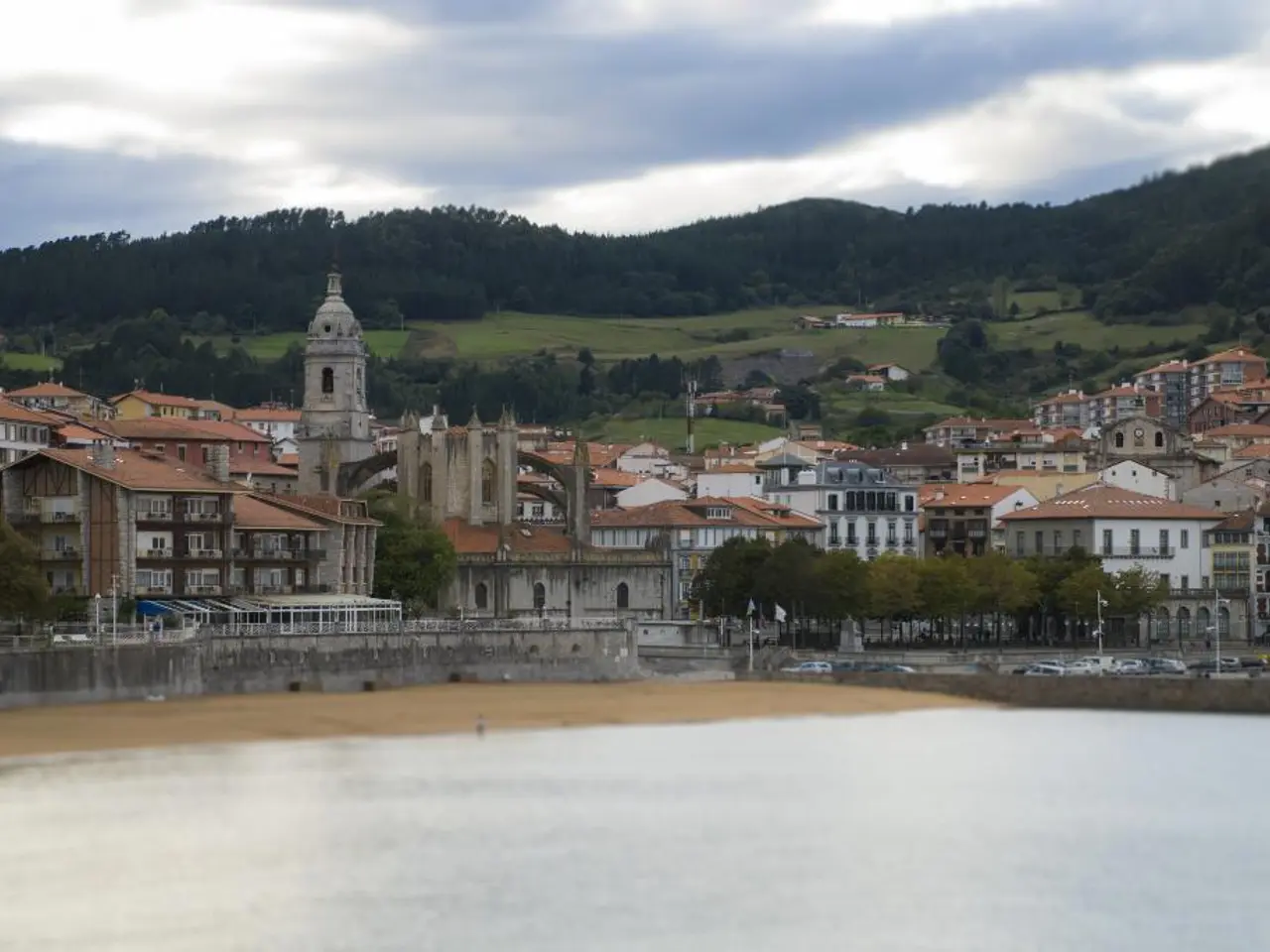Financial risks are inherently linked to environmental risks
In the face of rising nature and climate risks, global institutions are taking steps to integrate these challenges into their activities. The International Monetary Fund (IMF) has recognised that these risks will materialise in near- and medium-term shocks, affecting economies worldwide.
Two key figures leading the charge are Julie McCarthy, CEO of NatureFinance, and Patrick Odier, Chair of Building Bridges and Chair of the Supervisory Board of Lombard Odier Group. They, along with other asset owners, central banks, and institutions, now have a responsibility to address these risks.
One of the ways they are doing this is by integrating nature into decision-making. The Taskforce on Nature-related Financial Disclosures (TNFD) has devised a set of disclosure recommendations and guidance to help businesses and financial institutions achieve this.
Moreover, investors are not flying blind when it comes to addressing ecological instability. New tools like Exploring Natural Capital Opportunities, Risks and Exposure (ENCORE) are emerging to help financial institutions identify nature-related risks.
Investors are also confronting the financial consequences of these risks. For instance, rising temperatures and erratic rainfall have slashed coffee yields in Brazil and Ethiopia, causing global prices to spike and undermining rural incomes and export revenues. Similarly, deforestation and peatland degradation from unsustainable palm-oil production led to a temporary export ban in Indonesia in 2022.
To address these challenges, long-term asset owners, such as pension funds and sovereign wealth managers, are attempting to get out of harm's way. They are looking for ways to reduce their exposure to nature and climate risks.
Two new initiatives are emerging to help these investors. The Debt Suspension Clause Alliance is an initiative aimed at embedding crisis-triggered pause clauses in loan agreements to allow temporary suspension of debt payments during emergencies. This initiative is led by multilateral development banks (MDBs) and partner countries and helps reduce debt servicing burdens when crises hit.
The Global Hub for Debt Swaps for Development, led by Spain and the World Bank, works to scale up debt swaps—exchanging debt repayments for investments in sustainable development projects—by enhancing technical capacity and international collaboration.
These mechanisms help stabilise debtor countries financially and foster investments in climate and nature-positive projects. This, in turn, reduces risks for long-term investors who depend on resilient economies and environmental stability for their asset performance over time.
In summary, the Debt Suspension Clause Alliance and the Global Hub for Debt Swaps for Development are initiatives that enable long-term asset owners like pension funds and sovereign wealth managers to better address and mitigate nature and climate risks embedded in sovereign debt holdings and global economic conditions. These initiatives reflect emerging multilateral efforts to integrate financial stability, sustainability, and climate risk management in sovereign debt frameworks, which impact global investors with long-term horizons.
[1] Source: The World Bank Group, 2023.
- Recognizing the intertwined nature of climate change, biodiversity loss, and economic shocks, global institutions like the International Monetary Fund (IMF) are focusing on integrating these challenges into their activities.
- Julie McCarthy, CEO of NatureFinance, and Patrick Odier, Chair of Building Bridges and the Lombard Odier Group, along with other asset owners, central banks, and institutions, are taking responsibility to address these risks.
- To aid in this effort, the Taskforce on Nature-related Financial Disclosures (TNFD) has developed a set of disclosure recommendations and guidance to help businesses and financial institutions integrate nature into decision-making.
- Investors are increasingly utilizing tools such as Exploring Natural Capital Opportunities, Risks and Exposure (ENCORE) to identify and manage nature-related risks.
- As a result of these risks, situations like the spike in global coffee prices due to reduced yields in Brazil and Ethiopia, or the temporary export ban on palm oil in Indonesia caused by deforestation and peatland degradation, are becoming more common.
- To protect investments, long-term asset owners like pension funds and sovereign wealth managers are exploring mechanisms such as the Debt Suspension Clause Alliance and the Global Hub for Debt Swaps for Development, which aim to reduce their exposure to nature and climate risks while fostering investments in sustainable development projects.




